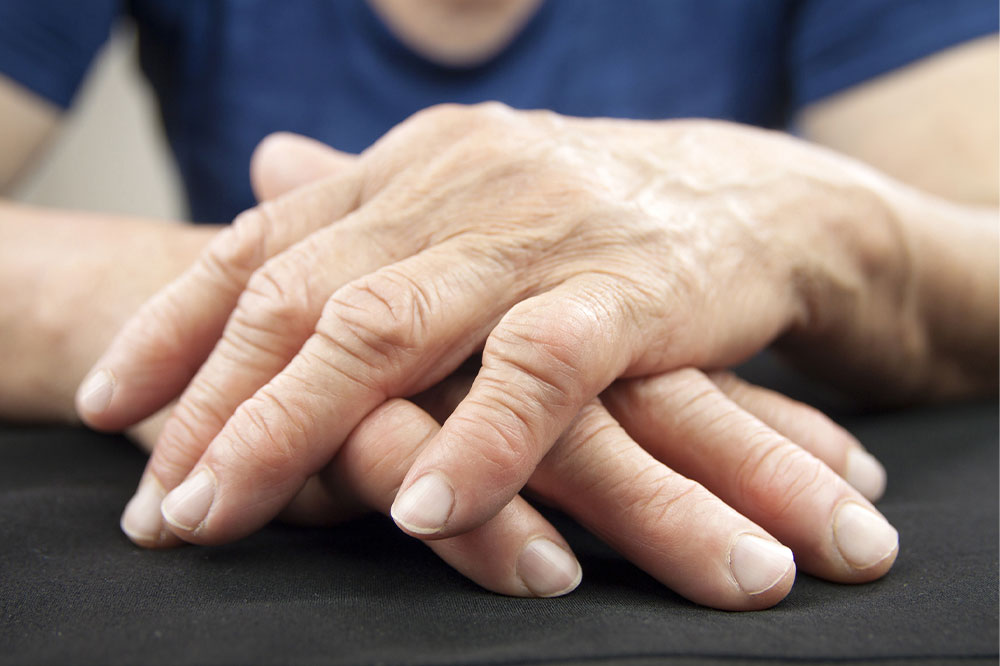Holistic and Natural Methods to Alleviate Rheumatoid Arthritis Symptoms
Discover effective natural approaches to managing rheumatoid arthritis symptoms through holistic therapies, lifestyle changes, and alternative treatments. Learn how water exercises, Tai Chi, omega-3 supplements, heat and cold therapy, and proper rest can improve quality of life for RA patients. This comprehensive guide emphasizes a personalized, integrated approach to symptom relief, helping patients reduce pain, inflammation, and fatigue, and maintain mobility and well-being daily.

Effective Natural Approaches for Managing Rheumatoid Arthritis Symptoms
Rheumatoid arthritis (RA) is a chronic autoimmune disorder that causes persistent joint inflammation, pain, and swelling. Currently, there is no known cure for RA, but many patients seek natural and lifestyle-based methods to reduce symptoms and improve their quality of life. Integrating several holistic approaches—such as targeted nutrition, gentle physical activity, stress management, and alternative therapies—can play a significant role in alleviating discomfort associated with this condition. Combining these natural strategies with conventional medical treatments can help patients better control their daily symptoms, enhance mobility, and maintain overall well-being.
This comprehensive guide explores various natural therapies and lifestyle adjustments that may significantly reduce joint discomfort, inflammation, and fatigue linked to rheumatoid arthritis, empowering patients with knowledge to take control of their health.
Multiple natural and holistic treatments are available to help manage rheumatoid arthritis symptoms effectively. Here, we delve into some of the most promising options:
Water-Based Exercise:
Water aerobics, swimming, or aquatic therapy are excellent low-impact exercises that reduce stress on joints while promoting flexibility and strength. These activities are specially beneficial for RA sufferers, helping to lessen stiffness and improve overall joint function. Scientific studies highlight that engaging in water activities can lead to decreased fatigue and improved mobility, making them ideal for managing symptoms naturally.
Mind-Body Techniques (Tai Chi and Yoga):
Tai Chi, with its slow, flowing movements combined with deep breathing, encourages relaxation and reduces joint stiffness. Yoga focuses on gentle stretching and strengthening postures that can improve joint health. Both practices not only enhance physical flexibility but also promote mental calmness, which is vital for managing chronic pain and stress that often accompany RA.
Omega-3 Fatty Acids (Fish Oil Supplements):
Rich in anti-inflammatory properties, omega-3 supplements derived from fish oil are widely used to decrease joint inflammation, reduce pain, and improve function. However, it is essential to consult with a healthcare professional before adding supplements to your regimen, to ensure safe and appropriate use based on individual health conditions.
Thermal Therapies (Heat and Cold Treatments):
Applying heat packs can relax tense muscles and improve blood flow, thereby reducing joint stiffness and discomfort. Cold packs, on the other hand, help numb sore areas and diminish inflammation. Alternating between heat and cold therapy can provide significant relief, especially after physical activity or during flare-ups.
Prioritized Rest and Sleep:
Adequate rest is fundamental for managing rheumatoid arthritis. Rest allows the body to recover, reduces fatigue, and prevents exacerbation of joint pain. Creating a restful sleep environment and establishing consistent sleep routines contribute to overall health and treatment effectiveness.
While these natural approaches are not cures for rheumatoid arthritis, they are valuable complementary strategies that can improve daily comfort and overall health. A holistic approach that combines medical interventions with natural therapies often yields the best results, helping individuals maintain a balanced and active lifestyle despite their condition. Mindfulness, patience, and personalized care plans tailored to each individual's needs are crucial components of successful symptom management.





